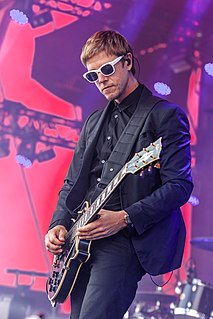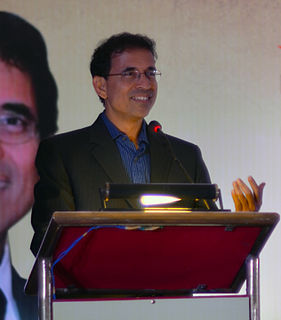A Quote by W. S. Di Piero
Every cliche is true, right? That's why they're cliches.
Related Quotes
I feel like the older I get, the more I start to think about life in general. All the clichés that people tell you, the ones that you hear over and over and over again, there's a reason they're cliché, there's a reason you hear them over and over again, because it's all true. As much as you don't wanna hear it, it's true. You'll find out later on, like "Man, they're all right."
Beware of clichés. Not just the clichés that Martin Amis is at war with. There are clichés of response as well as expression. There are clichés of observation and of thought - even of conception. Many novels, even quite a few adequately written ones, are clichés of form which conform to clichés of expectation.
My experience is that journalists report on the nearest-cliche algorithm, which is extremely uninformative because there aren't many cliches, the truth is often quite distant from any cliche, and the only thing you can infer about the actual event was that this was the closest cliche. It is simply not possible to appreciate the sheer awfulness of mainstream media reporting until someone has actually reported on you. It is so much worse than you think.
I seem to know all the cliches, but not how to put them together in a believable way. Or else these stories are terrible and grandiose precisely because all the cliches intertwine in an unrealistic way and you can't disentangle them. But when you actually live a cliche, it feels brand new, and you are unashamed.







































